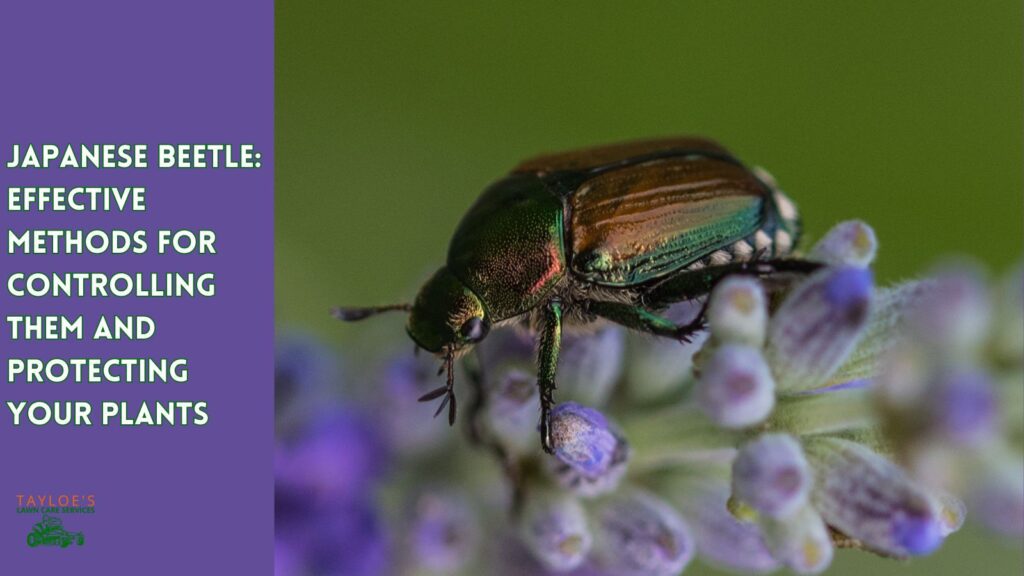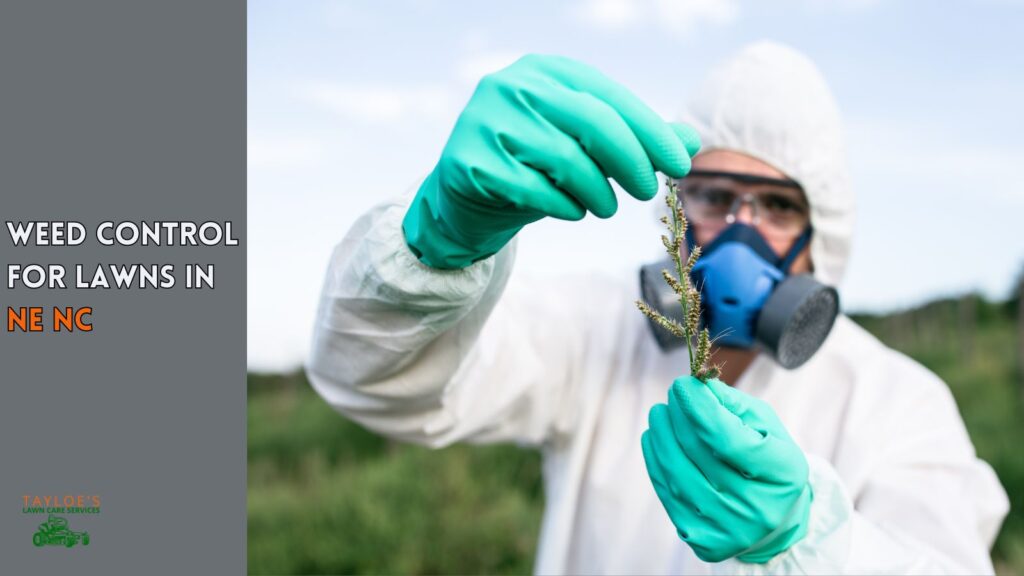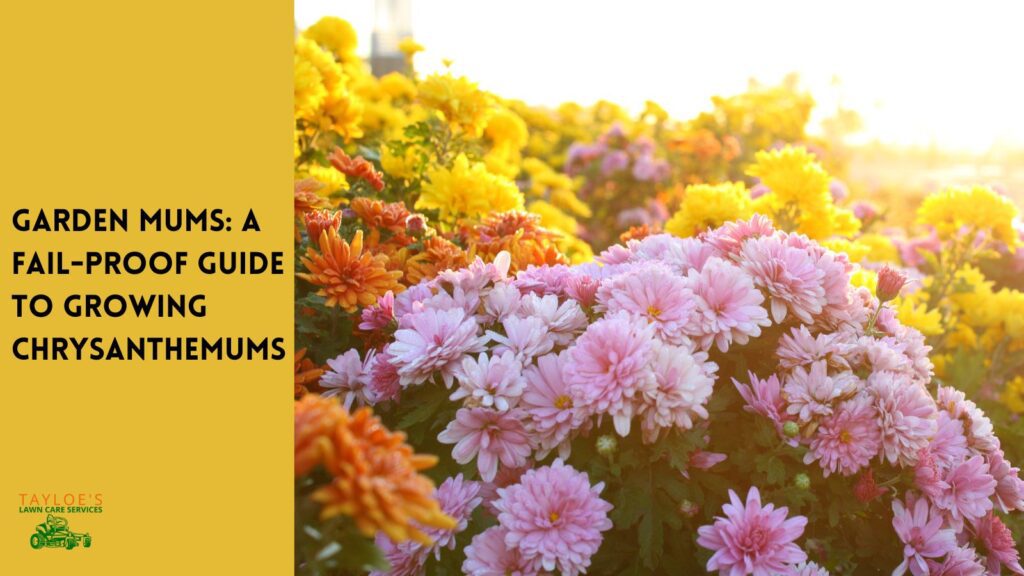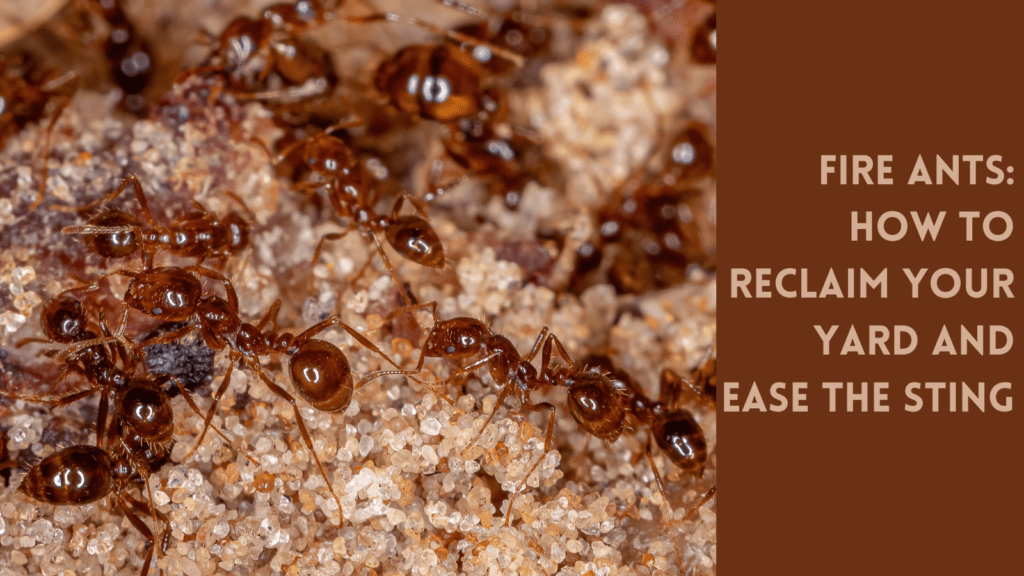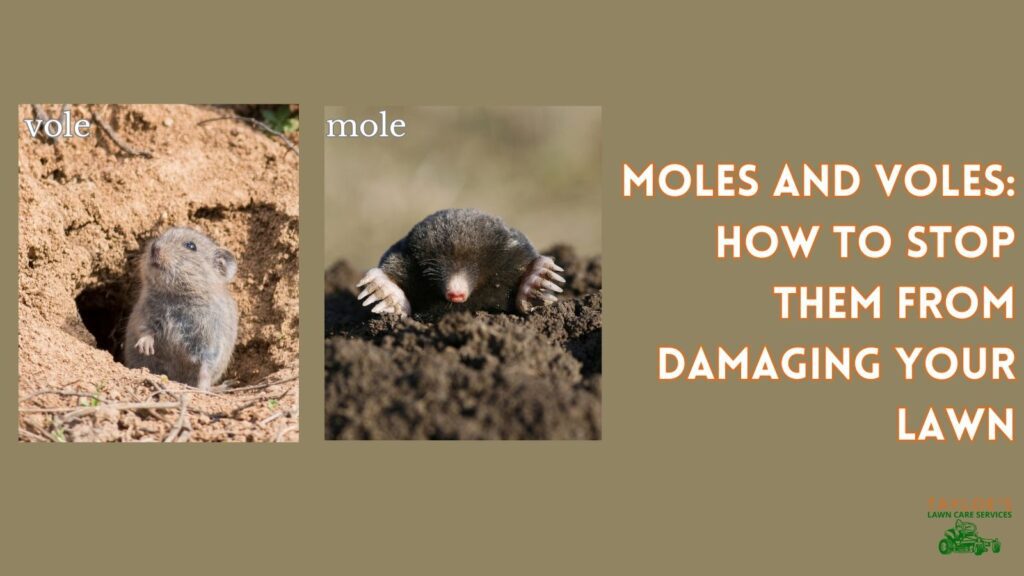Last Updated on: 16th January 2026, 06:28 am
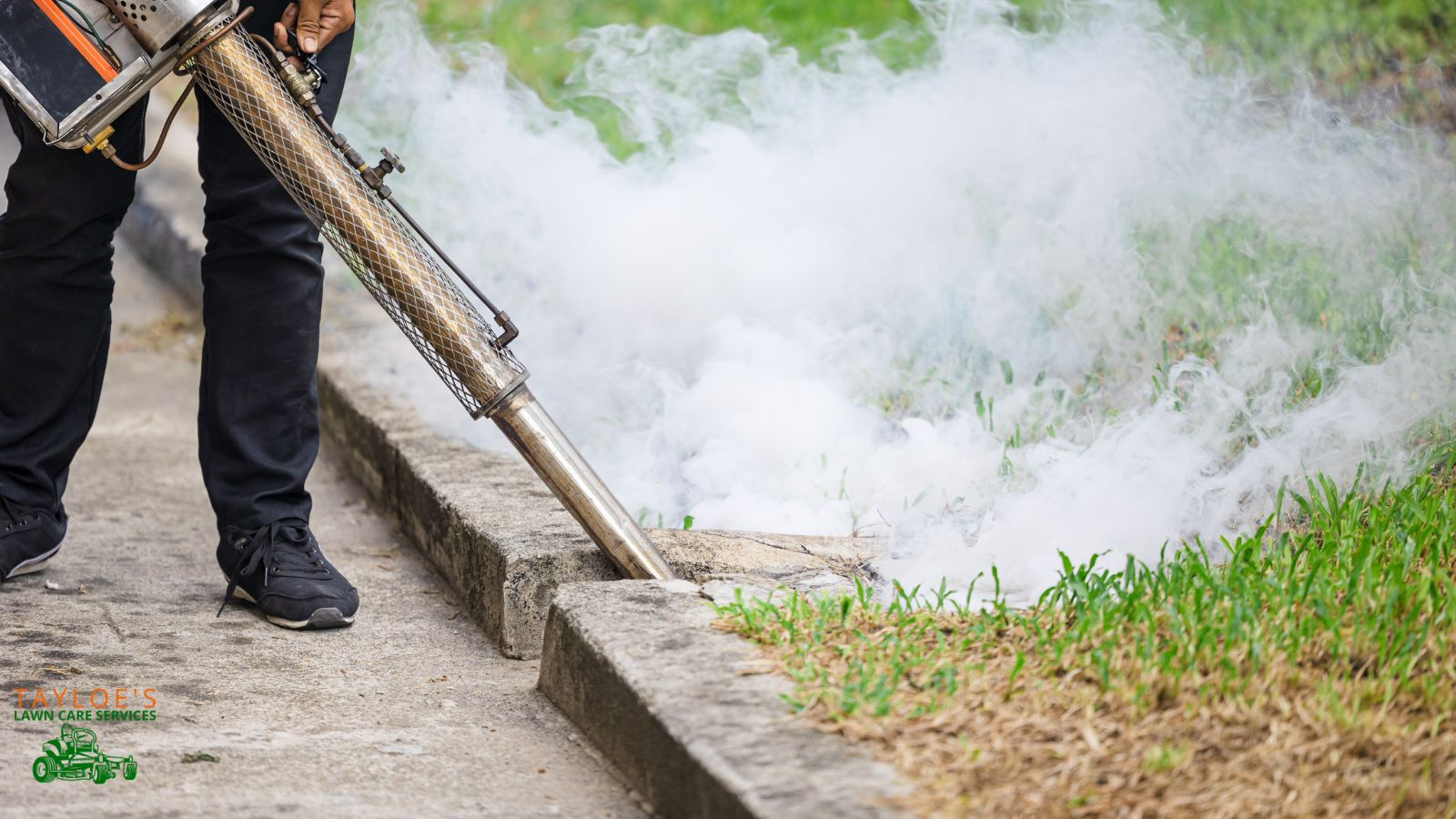
Understanding mosquitoes can help you win the war on mosquitoes.
Mosquitoes are a persistent problem for many homeowners, especially those living near water bodies or in humid climates. Adult mosquitoes are more than just an annoyance. Rather, these bugs pose serious health risks by transmitting various diseases. But how can you control mosquitoes?
This article will review mosquito treatment options and help you make some pest control decisions. Understanding the behavior and life cycle of mosquitoes is essential to longer-lasting, more highly effective mosquito control. Once you better understand their behavior, you can reclaim your outdoor spaces and enjoy your backyard again.
Tayloe’s Lawn Care Services, LLC, is certified and licensed by the State of North Carolina Department of Agriculture. If you hire us to control mosquitoes in your yard, you will receive professional pest control services. Our mosquito treatment is an effective method that lasts about thirty days. But we want to do more than just sell you mosquito spray services – we want you to know how you can do your part after we leave, helping to prolong the treatment and protect your yard from mosquitoes for as long as possible.
Mosquito Bites and Diseases (Good Reasons to Hire a Mosquito Exterminator!)
Mosquito bites are irritating and can lead to severe health issues. These tiny insects are vectors for several serious diseases, including the following:
Dengue Fever: A viral infection causing high fever, severe headache, pain behind the eyes, joint and muscle pain, rash, and mild bleeding. Dengue is rare in the continental United States. However, some tropical US territories, such as Puerto Rico, the US Virgin Islands, or American Samoa may be more likely to see Dengue.
Malaria: Caused by Plasmodium parasites, malaria can lead to high fevers, chills, and flu-like symptoms and, if not treated promptly, can be fatal.
Eastern Equine Encephalitis (EEE): A rare but severe viral disease that can cause brain inflammation (encephalitis).
West Nile Virus: While many infected with West Nile Virus show no symptoms, some may develop severe neurological illnesses.
Zika Virus: Known for causing birth defects such as microcephaly if a woman is infected during pregnancy.
These diseases underscore the importance of proactive mosquito control measures.
Admittedly, these illnesses are rare in the USA. But even if the disease risk is low in your area, mosquito bites can be scratched open, causing bacteria or infection. Plus, they can still ruin outdoor activities and make your yard unpleasant.
Mosquito Life Cycle and Larvae
Mosquitoes have a relatively short life cycle, which includes the egg, larva, pupa, and adult stages. Understanding this cycle is crucial for effective control.
Eggs: Female mosquitoes lay eggs in or near water. The eggs can survive dry conditions for months until they are submerged in water.
Larvae: Also known as “wrigglers,” larvae live in water and come to the surface to breathe. They feed on microorganisms and organic matter.
Pupae: This stage, known as “tumblers,” is a resting, non-feeding stage before the mosquito emerges as an adult.
Adults: After emerging from the pupal case, adult mosquitoes rest on the water’s surface to dry and harden their wings before flying off for a blood meal.
Mosquitoes in your yard thrive in standing water, making properties near ponds, marshes, or even small containers that hold water a high risk. Getting rid of these water sources on a weekly basis (at a minimum!) is a critical step in controlling mosquito populations.
Additionally, using BTI (Bacillus thuringiensis israelensis) mosquito dunks in standing water is an effective and eco-friendly treatment to control mosquitoes. With this method, you kill mosquito larvae before they become biting adults.
Effective Mosquito Control Methods
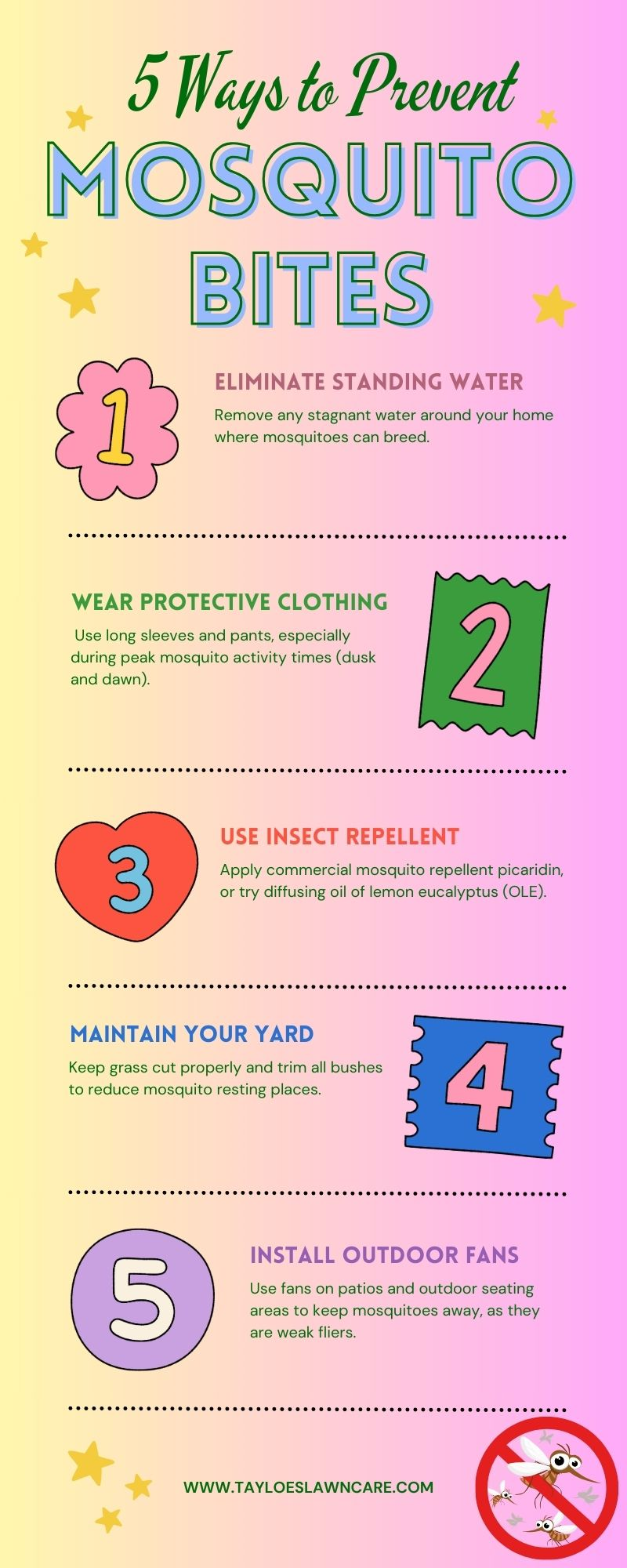
Why You Should Hire Professional Mosquito Sprays and Insecticides
Mosquito sprays are a common method for controlling these pests. But while insecticides are incredibly effective, they do come with certain drawbacks and limitations:
Impact on Non-Target Bug Species: Mosquito sprays have pesticides that can harm beneficial insects such as butterflies, bumble bees, honey bees, ladybugs, or other beneficial insects.
Birds and Pest Control Spray: Birds may also dine one an insect that ingested the insecticides. Mosquitoes are part of the food web; when you reduce adult mosquitoes, you rid birds of a food source. The spray pesticides are not specific to mosquitoes; they can also rid your yard of some of the ants that birds enjoy eating.
Efficiency: Only about 0.1% of insecticide sprays, whether mosquitoes or other insects, reach their targets. The fine droplet size required for mosquito sprays allows them to float in the air, but they can easily drift out of the intended area.
Temporary Solution: Mosquito sprays only kill mosquitoes present at the time of spraying. New mosquitoes can quickly re-populate the area, necessitating repeated applications.
For these reasons, while mosquito sprays can be part of an integrated pest management strategy, they should not be the sole control method.
Elimination and Prevention Techniques to Treat Mosquitoes
A secondary approach to mosquito control integrates well with spraying to control mosquitoes. It involves eliminating their breeding grounds and using preventative measures:
Remove Standing Water: Regularly check and remove standing water from your yard. This includes water in flowerpots, bird baths, clogged gutters, and small items like bottle caps. Standing water is a prime breeding ground for mosquitoes. Even with mosquito treatment, you will see reinfestation quickly if you don’t protect your yard from water between appointments.
Use BTI Mosquito Dunks: BTI dunks are a highly effective and eco-friendly way to kill mosquito larvae. They are safe for humans, pets, and wildlife, making them an excellent choice for controlling mosquito populations in standing water that cannot be drained.
Proper Yard Maintenance: Keep your yard well-maintained. Trim tall grass and bushes where adult mosquitoes may rest. Ensure that water features have proper circulation to prevent stagnation.
Prevent Itchy Bites: Prevent mosquito bites by wearing long sleeves and pants, especially during peak mosquito activity times (dusk and dawn). Use non-toxic repellents containing lemon eucalyptus (OLE) oil, which has been proven effective in repelling mosquitoes.
Need a Professional Mosquito Control Company?
For residents of Ahoskie, Murfreesboro, and Aulander, NC, professional mosquito control services can offer a more comprehensive and long-lasting solution. Tayloe’s Lawn Care Services, with its team of licensed and certified experts, provides effective mosquito control strategies tailored to your specific needs.
Local Expertise: Our team has a deep understanding of the local mosquito species and their behaviors, so we can implement targeted strategies to reduce mosquito populations significantly.
Seasonal Control: Mosquito season typically starts in late spring and continues through the summer. Regular professional treatments during this period can keep mosquito numbers low and enhance your outdoor enjoyment.
Inspection and Maintenance Before We Treat Near Your House
Our comprehensive mosquito control services include detailed inspections and ongoing maintenance:
Inspection: We conduct thorough inspections of your property to identify signs of mosquito activity and potential breeding sites. This allows us to develop a customized treatment plan.
Maintenance: Regular service visits during mosquito season ensure continuous protection. We monitor and adjust our treatments as needed to maintain effective control.
FAQs About What Happens When You Call us to Control Mosquitoes
What attracts mosquitoes?
Mosquitoes are attracted to carbon dioxide, body heat, and perspiration. They are also drawn to dark colors and certain scents.
How can I maintain low mosquito activity?
It is recommended that I use ongoing treatments throughout the mosquito season. These include eliminating standing water, using BTI dunks, and regular professional treatments.
How effective are your treatments?
Spraying our mosquito treatments can eliminate mosquitoes on direct contact, creating a protective barrier lasting approximately 30 days. This ensures continuous protection and reduces the risk of mosquito-borne diseases.
Should I try to Spray DIY Pesticides?
Spraying treatment may save you a few dollars, but at what cost? Our crew wears PPE, such as respirators, eye protection, and coveralls, because the spray is highly toxic and can have harmful effects if not applied with precision. That’s why we went to school to learn spraying safety. We control mosquitoes with an eye on the safety of all humans and pets!
How long before I go outdoors after you treat my property?
When we perform your mosquito treatment, we will give you a fact sheet with all the details about follow-up after mosquito treatments. The fact sheet also summarizes the information about source reduction of water in between spraying.
Some Plants May Repel Mosquitoes in Your Yard
Some of our lawn care clients enjoy our mosquito service but also grow certain plants that may repel mosquitoes and many insects as well. Here are a few that may be helpful:
Citronella Grass (Cymbopogon nardus or Cymbopogon winterianus): Contains citronella oil, which is a widely used natural mosquito repellent.
Lavender (Lavandula spp.): The strong fragrance of lavender flowers deters mosquitoes and other insects.
Marigolds (Tagetes spp.): These flowers contain pyrethrum, a natural insecticide effective against mosquitoes.
Catnip (Nepeta cataria): Catnip contains nepetalactone, which is more effective than DEET in repelling mosquitoes.
Lemon Balm (Melissa officinalis): Rich in citronellal, a compound known to repel mosquitoes effectively.
Peppermint (Mentha piperita): The strong scent of peppermint oil can deter mosquitoes and other pests.
Basil (Ocimum basilicum): Basil’s aromatic oils can help keep mosquitoes at bay when planted in the garden.
Rosemary (Rosmarinus officinalis): The strong fragrance of rosemary can act as a natural mosquito deterrent.
Geraniums (Pelargonium spp.): The lemon-scented variety, which contains citronellal and geraniol, is effective in repelling mosquitoes.
Garlic (Allium sativum): Planting garlic can help repel mosquitoes and other insects due to its strong odor.
Pennyroyal (Mentha pulegium): Known for its mosquito-repellent properties, it should be used cautiously as it is toxic if ingested.
Bee Balm (Monarda spp.): Its strong aroma can help repel mosquitoes naturally.
Sage (Salvia officinalis): Burning sage can produce a smell that helps reduce mosquitoes.
Eucalyptus (Eucalyptus spp.): Eucalyptus oil is a well-known natural mosquito repellent.
Chrysanthemum Flowers (Chrysanthemum spp.): Contain pyrethrins, natural compounds that are effective insecticides against mosquitoes.
Planting these flowers and herbs in your garden can reduce the mosquito population, but you need to focus on planting them around your house, patio, and seating areas. That focused effort can help you reduce mosquitoes – and those itchy bites – in your most-used outdoor spaces. Trying to place them throughout large areas of your yard will not likely be as effective a method as spraying.
Related Reading:
The Takeaway: Call Tayloe’s Lawn Care Services, Aulander, NC – Mosquito Control for You!
For reliable and effective mosquito control, trust Tayloe’s Lawn Care Services. Contact us at 252.287.3376 to reclaim your backyard from mosquitoes and enjoy your outdoor spaces without the constant bother and health risks associated with these pests. Our team of experts is ready to provide customized solutions that ensure a mosquito-free environment for you and your family. Also, we invite you to connect with us on Facebook for more resources.
Author Profile

- Deborah Tayloe is the CEO and co-founder of Tayloe's Lawn Care Services, LLC. She has a B.S.Ed and holds certificates in soil and water management and herbology from accredited programs.
Latest entries
 Lawn CareFebruary 3, 2026Lawn care trends to expect in 2026
Lawn CareFebruary 3, 2026Lawn care trends to expect in 2026 Lawn CareDecember 29, 2025Commercial winter lawn care is a must
Lawn CareDecember 29, 2025Commercial winter lawn care is a must GardeningSeptember 27, 2025What perennials, shrubs, and trees don’t like fall pruning (and why)?
GardeningSeptember 27, 2025What perennials, shrubs, and trees don’t like fall pruning (and why)? Trees and ShrubsSeptember 14, 2025Fall Shrub Pruning Guide (September–October)
Trees and ShrubsSeptember 14, 2025Fall Shrub Pruning Guide (September–October)

